Life Is Not a TV Drama
Is it possible to live a drama free life? Is it necessary to have drama in our lives in order to feel balanced when it is over? Isn’t it easier to just exclude even the smallest possibility of turning a fly into an elephant? What make us create dramas in our lives when this is the thing we fear and dislike the most?
Look at the games the couples in our stories (The Story of Tamara and Alex, The Story of Vanessa and Mark, Vanessa and Mark (cont), Detecting Games in Relationships, Responding Assertively to Game Playing).
An Exercise
If you want you can challenge yourself: try imagining each game discussed as initiated by anyone, of either sex, and imagine how that game story might play out...
Read More


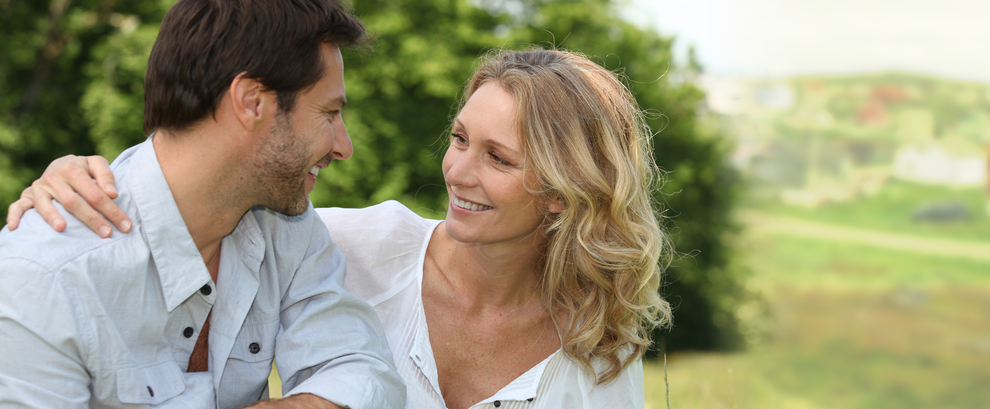







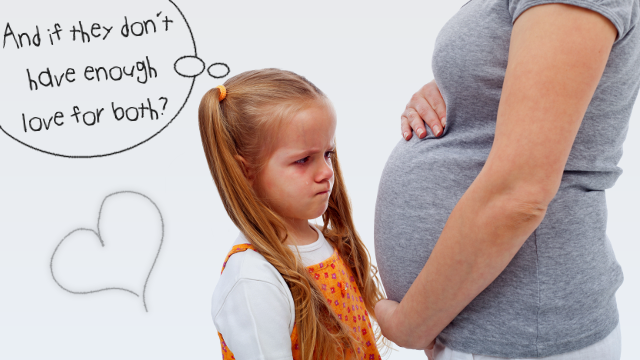
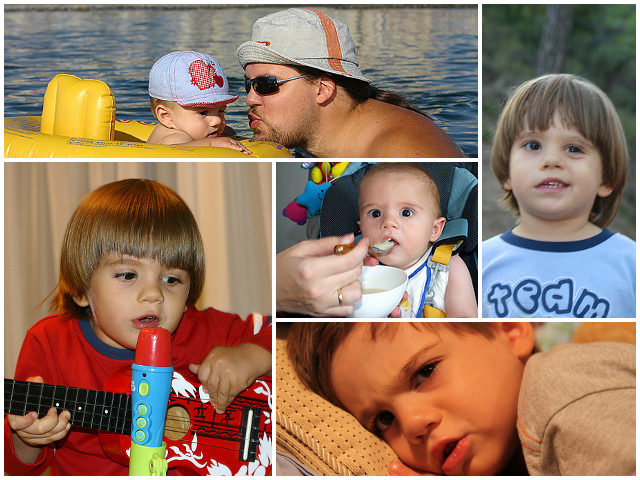
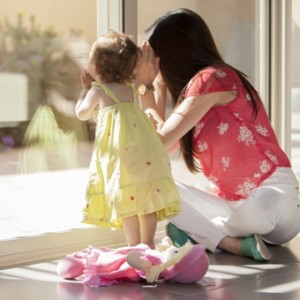 I don’t think there is anyone who would question that “Actions Can Speak Louder than Words”. And if considered from an analytical point of view, we will come to the conclusion that XXI century communication – whether verbal or not – is extremely well developed. With each day the complexity of our language changes, as it evolves, being enriched with new meanings. We may conclude that communication is a process where people exchange information with each other. However, far be it for me to even think that words are the only instrument out there. Actions are their physical materialization. And that is why we say that actions can speak louder than words!
I don’t think there is anyone who would question that “Actions Can Speak Louder than Words”. And if considered from an analytical point of view, we will come to the conclusion that XXI century communication – whether verbal or not – is extremely well developed. With each day the complexity of our language changes, as it evolves, being enriched with new meanings. We may conclude that communication is a process where people exchange information with each other. However, far be it for me to even think that words are the only instrument out there. Actions are their physical materialization. And that is why we say that actions can speak louder than words!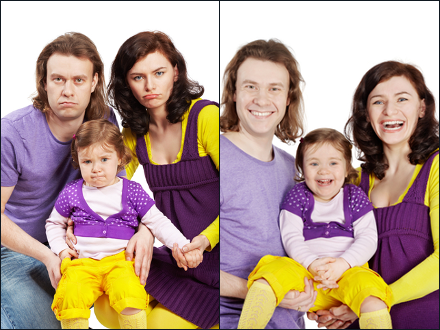 What is the difference between a boy and a girl? Both sexes have just the same number of chromosomes – exactly twenty-two pairs. The twenty-third, however, is different for men and women.
What is the difference between a boy and a girl? Both sexes have just the same number of chromosomes – exactly twenty-two pairs. The twenty-third, however, is different for men and women.
 Let me start my story with one “delicious” and indisputable fact: the first candle on your child’s first birthday cake celebrates the start of the period known as “I Belong!” This is also the start of the process of formation of your child’s emotional belonging, as from this point forward all efforts exerted by your child shall be directed towards the very development of this fundamental step called “Love and Belonging Needs”.
Let me start my story with one “delicious” and indisputable fact: the first candle on your child’s first birthday cake celebrates the start of the period known as “I Belong!” This is also the start of the process of formation of your child’s emotional belonging, as from this point forward all efforts exerted by your child shall be directed towards the very development of this fundamental step called “Love and Belonging Needs”.


